.jpg?fit=max&w=800&h=2320&q=90&fm=webp)
Green storytelling is a personal concern for me
18.10.2021 | Dirk Ahner on working on the script for the new Pfefferkörner film
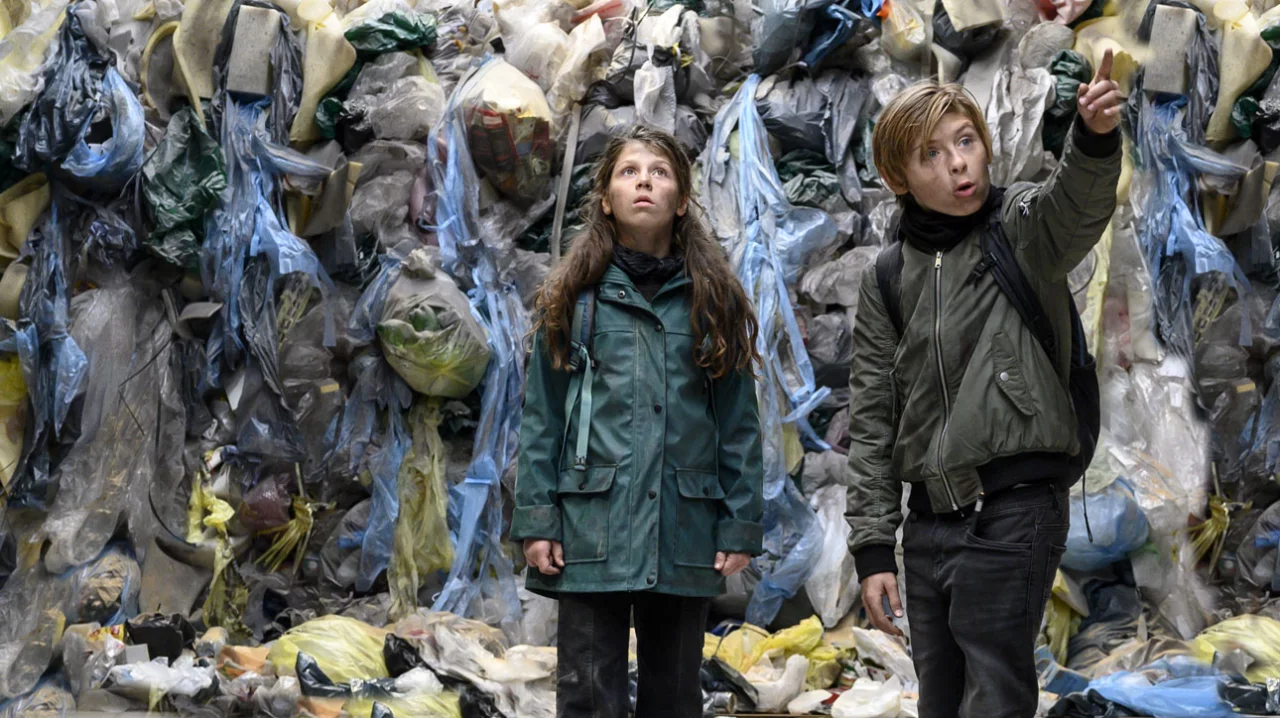
With the cinema film "The Peppercorns and the Secret of the Deep Sea", German Script Writer Dirk Ahner shows how green storytelling and exciting entertainment can be symbiotically combined. In their latest adventure film, the peppercorns track down a dubious waste dealer who is illegally disposing of plastic waste in the sea for profit.
"Dealing with socially relevant topics is in the tradition of the Peppercorns," explains Dirk Ahner, who has been a successful script and children's book author for over twenty years. "The Peppercorns don't look for dinosaur bones or lost treasures, but investigate cases that come from the centre of society." The plastic littering of the oceans is a topical issue that the Script Writer was keen to address. "Our dramaturge Angelika Mönning had the idea of placing this topic at the centre of the story and linking it to a criminal case."
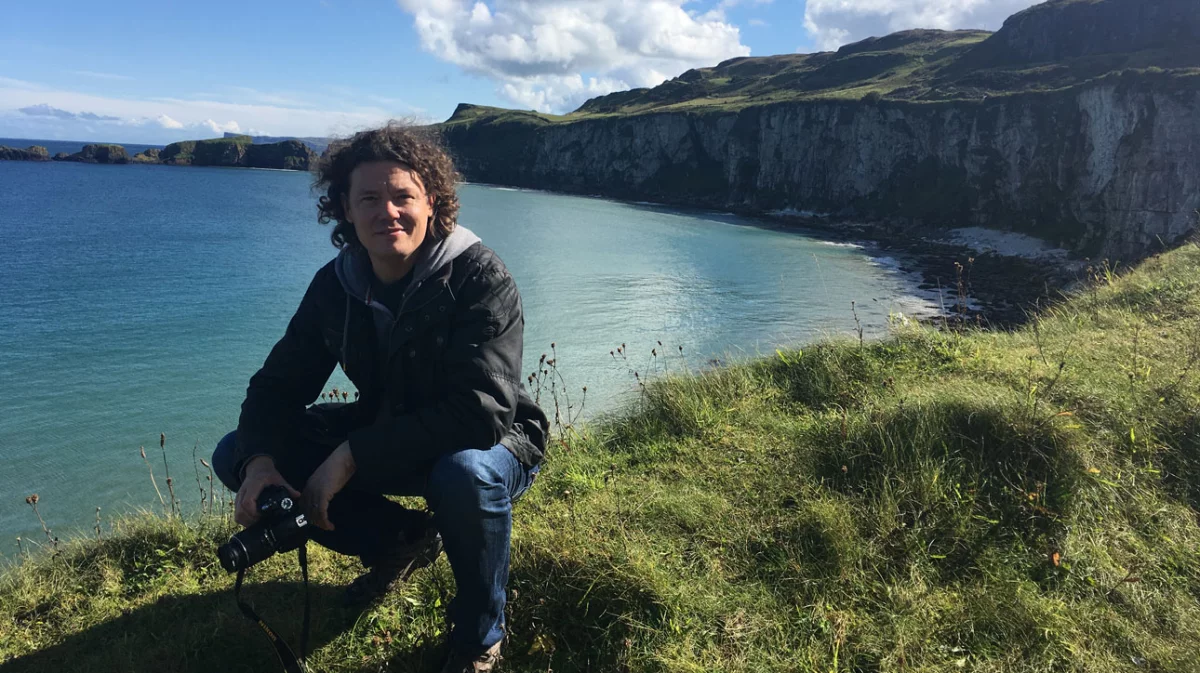
The adventure of the young detectives begins when twelve-year-old Alice (Emilia Flint) visits her friend Tarun (Caspar Fischer Ortman) in Northern Ireland during the summer holidays. Just as she arrives, the laboratory of Tarun's mother (Myriam Abbas), a marine researcher working on a project to stop plastic pollution in the oceans, is broken into. The children decide to get to the bottom of the matter together with their peppercorn friends Johnny (Leander Pütz), Clarissa (Charlotte Martz) and Hanna (Linda Madita).

In the course of his research, Dirk Ahner and Executive Producer Holger Ellermann (Letterbox Filmproduktion) consulted various scientists. "We were presented with an apocalyptic scenario by the scientists, which we tried to portray in the film in a child-friendly way," says the Script Writer. "It was important to us to tell an entertaining story based on real facts without scaring or panicking children."
The script was developed from the original idea in numerous stages. "We discussed whether it was believable and realistic." During this process, the characters and plot were reorganised accordingly. In the end, there was also the economic aspect of what could be realised. "We had to reduce a lot, but we always fought for the nucleus of the story in order to deal with the topic adequately."
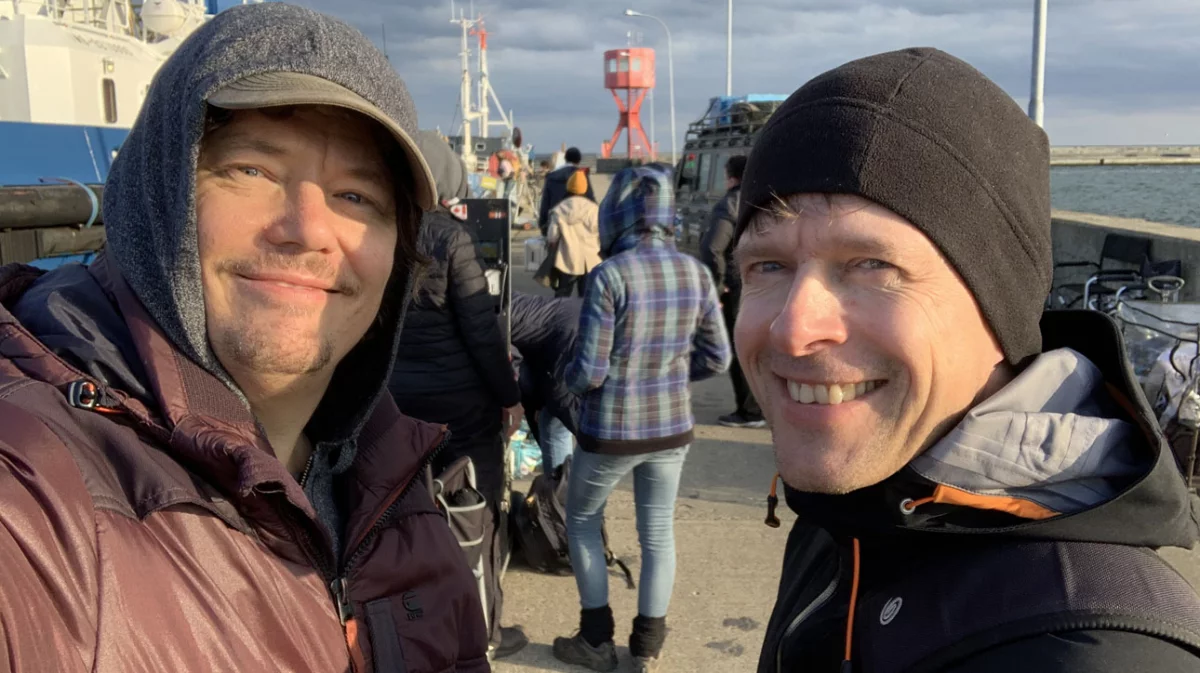
For the sequence in which the children run across a landfill site, the young actors were filmed in front of a small pile of rubbish for safety reasons, which was transformed into a huge landfill site with the help of visual effects. "This gets to the heart of the issue on film because it shows the amount of waste that is produced in a city every day."
Since China stopped accepting low-grade waste, the illegal trade in plastic waste has increased worldwide. Germany is one of the largest exporters of plastic waste. "We needed an antagonist for this story. This gave rise to the idea of characterising a waste trader as a villain who ostensibly runs a clean recycling company." Instead of separating the plastic waste by type and processing it as recyclate for reuse, the waste mafia earns a lot of money by transporting the plastic waste abroad by ship, where the imported waste is illegally incinerated or dumped in illegal landfills. Microplastics, which have long since entered the food chain, pose a major problem.
Official trailer
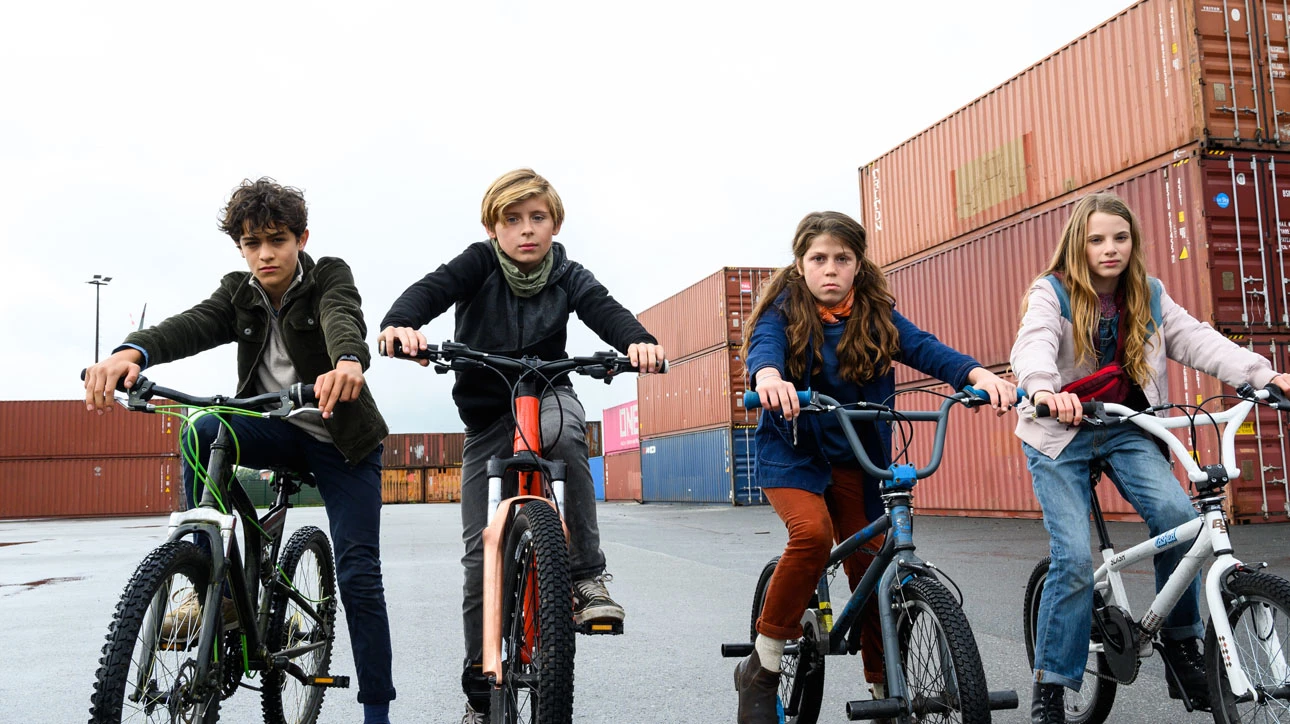
"The scale of this problem is striking," emphasises Dirk Ahner, who has started to change his own consumer behaviour in the course of his research. "I try to avoid packaging waste, do without disposable bottles and now buy yoghurt in a returnable jar. In the film, the scientist is researching a bacterium that can destroy plastic waste. But it can't solve the problem. We have to change our behaviour." The relevance of this topic has been recognised by children. At the renowned German children's and media festivalGolden Sparrow The Peppercorns and the Secret of the Deep Sea" was voted best feature film by the children's jury.
"There is a lot to be gained if a format like 'The Peppercorns' can help to sensitise people to this topic," emphasises the Script Writer, who always tries to integrate elements of green storytelling into his books. "In many areas, this cannot be realised because there is a different narrative corset." Green storytelling is a personal concern for Dirk Ahner, which he subtly incorporates into all his films without pointing a finger.
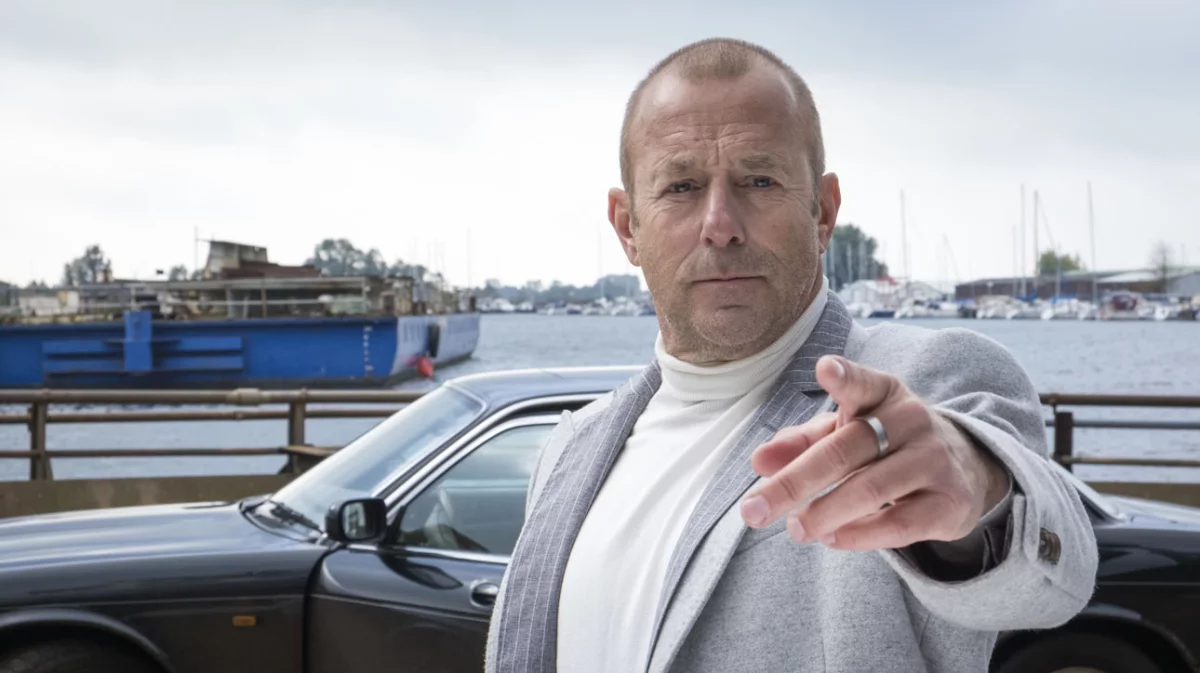
"In storytelling, I try to thematise how something is created and what happens to it. A part of me always flows into the characters I create." This can be a child who is a vegetarian, for example, but also a film character who acts as a negative example. "It's our job to teach children that every action we take has an impact on how we pass our planet on to the next generation."
more articles
.jpg?fit=max&w=800&h=2320&q=90&fm=webp)






2026_schubert,row-pictures,walker-worm-film,gerald_kerkletz.jpg?fit=max&w=800&h=1351&q=90&fm=webp)